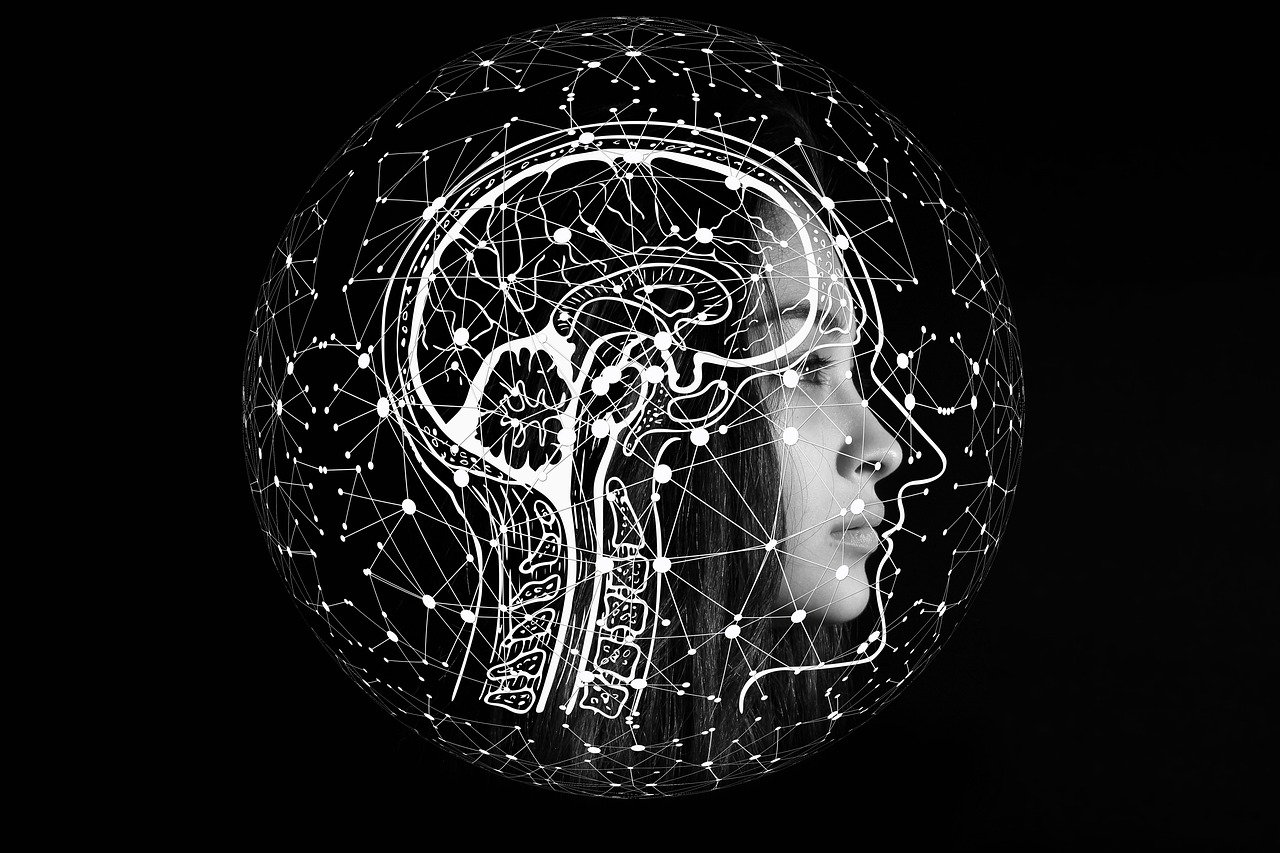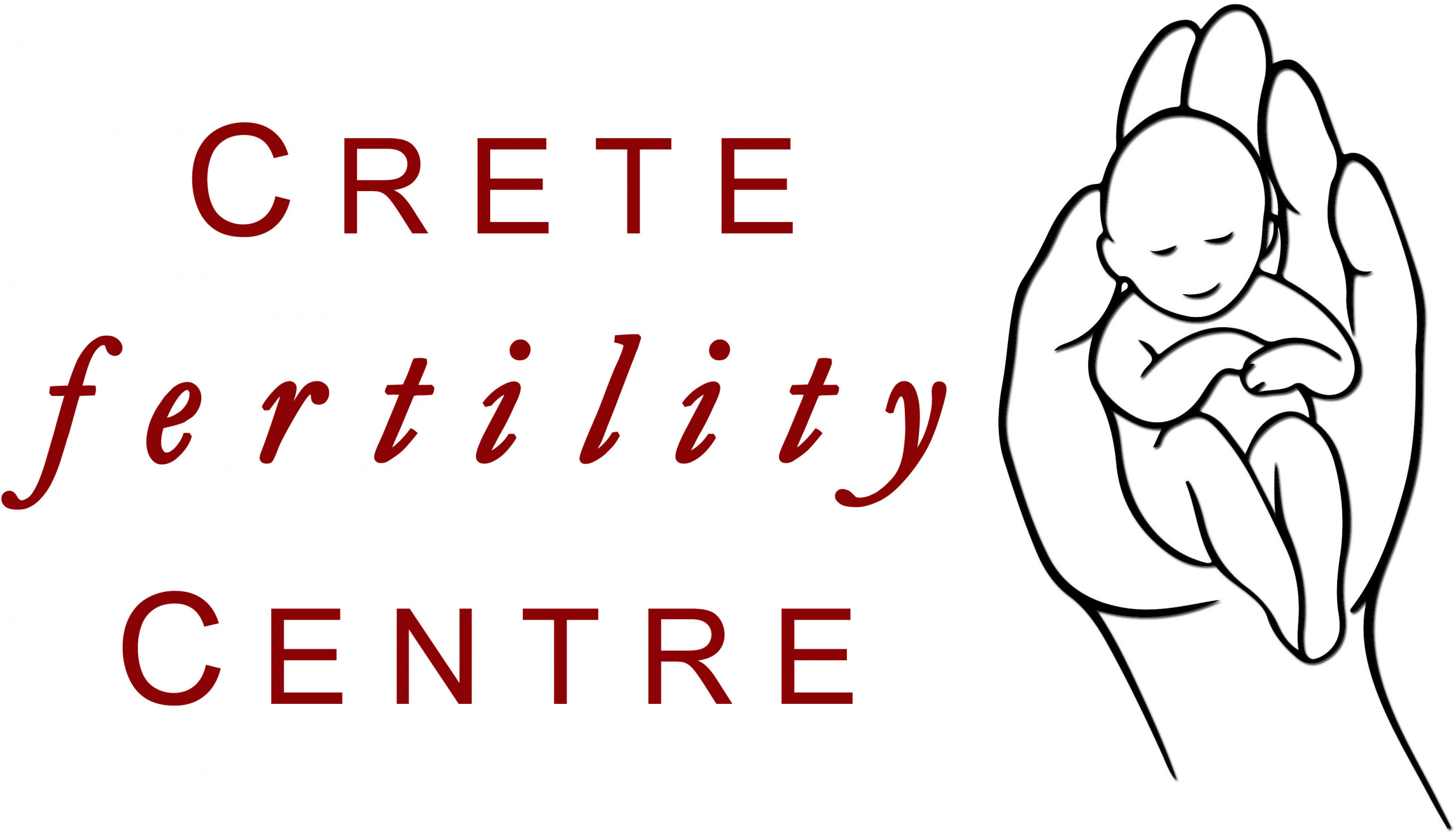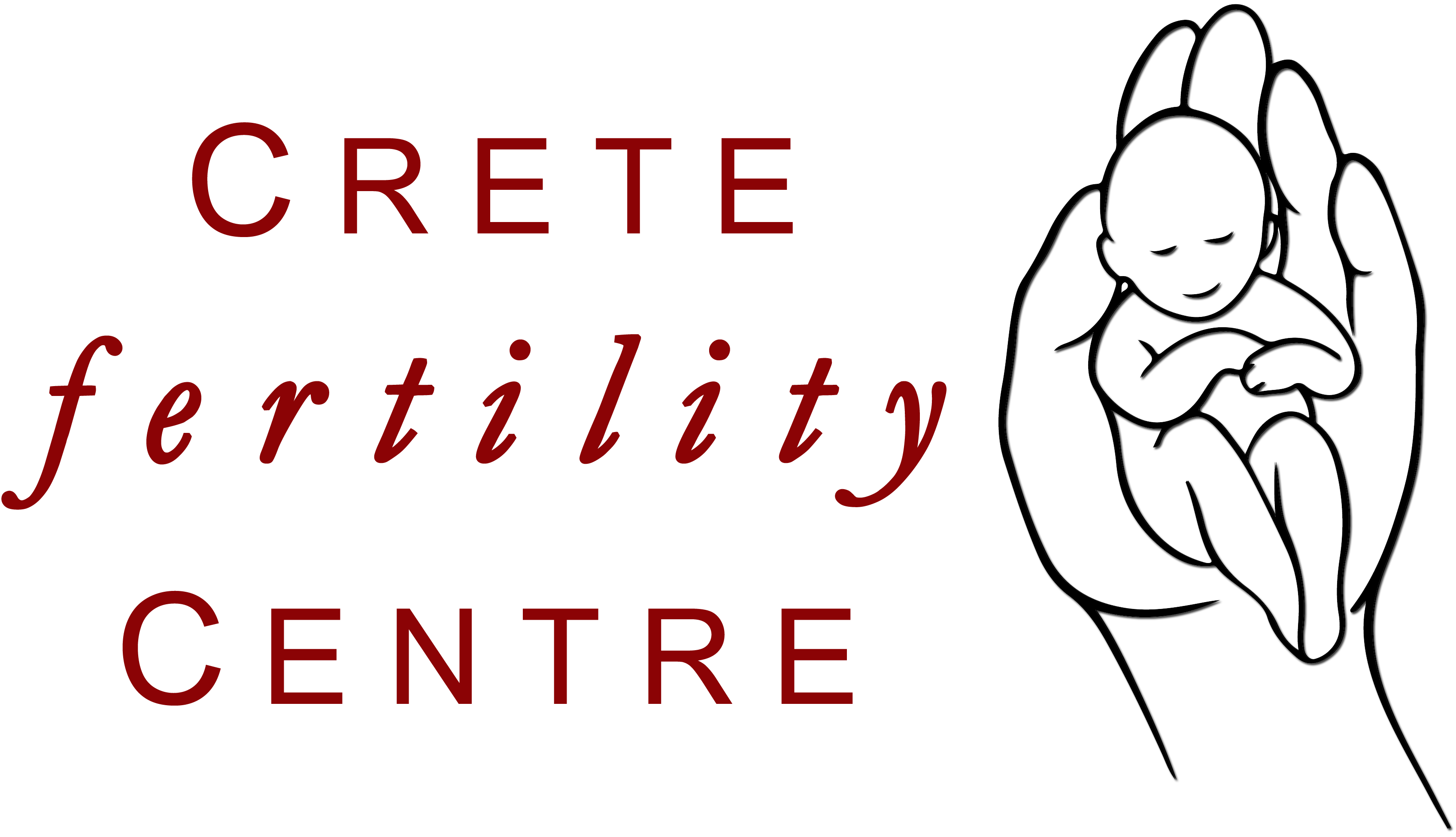Artificial Intelligence can Enhance Embryo Selection in IVF

With approximately 70% accuracy, an AI algorithm can assist in determining whether the number of chromosomes in an in vitro fertilized embryo is normal or abnormal.
An artificial intelligence (AI) tool has been developed by researchers that can identify in vitro fertilized embryos with aneuploidy, or an abnormal number of chromosomes, with about 70% accuracy through non-invasive means.
This new technology, combined with the expertise of Crete Fertility Center and Dr. Matthaios Fraidakis’ 30 years of experience in the field of human assisted reproduction, guarantee high success rates in IVF.
Aneuploidy’s Impact in IVF
According to the press release, a major factor influencing whether an embryo created through in vitro fertilization (IVF) will implant or result in a successful pregnancy is aneuploidy. Genetic testing and biopsy-like cell extraction from an embryo are the current methods for detecting the condition; these procedures are invasive and expensive for those undergoing in vitro fertilization.
AI Algorithm for Predicting Aneuploidy
The researchers set out to create an AI algorithm that could assist in predicting aneuploidy while avoiding the limitations of conventional testing techniques in order to address these problems. According to a recently published study, their tool, STORK-A, accomplishes this by evaluating microscope images of the embryo, data regarding the mother’s age, and the IVF clinic’s scoring of the embryo’s appearance.
According to the study’s senior author, “our goal is to eventually be able to predict aneuploidy in a completely non-invasive way, using artificial intelligence and computer vision techniques.”
The Development Process
The researchers’ earlier work in this field is expanded upon by the new algorithm. The research team created STORK in 2019, an AI method that could evaluate the quality of embryos on par with personnel working in IVF clinics.
How it Works
Preimplantation genetic testing for aneuploidy (PGT-A) is a biopsy method used to obtain information about an embryo’s chromosomes. STORK-A builds on this by utilizing microscope images of embryos taken five days past fertilization, clinic staff’s scoring of embryo quality, maternal age, and other information that is typically gathered as part of the IVF process to enhance the use of PGT-A.
Performance and Training
According to the press release, STORK-A may become a viable tool for determining which embryos should undergo PGT-A testing or whether to do away with PGT-A entirely by combining these new data and AI.
A dataset of 10,378 blastocysts whose ploidy status was already known was used to train the algorithm. Subsequently, its precision in distinguishing between euploid and ‘euploid’ embryos with normal chromosomes was assessed. STORK-A demonstrated 69.3 percent accuracy for this task.
Additionally, the researchers discovered that the tool’s accuracy in predicting complex aneuploidy—a form of aneuploidy involving multiple chromosomes—in contrast to euploidy was 77.6%.
According to the press release, the study offers experimental approach proof of concept.
Future Predictions and its Role in Healthcare
This is just one more excellent illustration of how AI might change healthcare. According to the press release from the study co-author, “The algorithm transforms tens of thousands of embryo images into AI models that may ultimately be used to help improve IVF efficacy and further democratize access by reducing costs.”
In the future, the researchers hope to expand on this work by creating algorithms that have been trained on films of the development of embryos. By utilizing both spatial and temporal information, these algorithms may be able to identify aneuploidy even more accurately.
“We think that in the end, with this technology, we can decrease the quantity of embryos that need to be biopsied, lower the expenses, and offer a very good tool for patient consultation when they need to make [a] decision about doing PGT-A or not,” stated in the press release the associate professor of embryology in clinical obstetrics and gynecology.
Conclusion
This is the most recent attempt to use AI to enhance IVF. 2020 saw the demonstration by researchers of a deep-learning system that could select, with 90% accuracy, the best quality embryos for in vitro fertilization from a dataset of images taken of 742 embryos 113 hours after insemination.
The performance of the tool was also contrasted with that of fifteen embryologists from five US fertility centers. In the evaluation, the model demonstrated an accuracy of roughly 75%, whereas the embryologists demonstrated an average accuracy of 67%.





